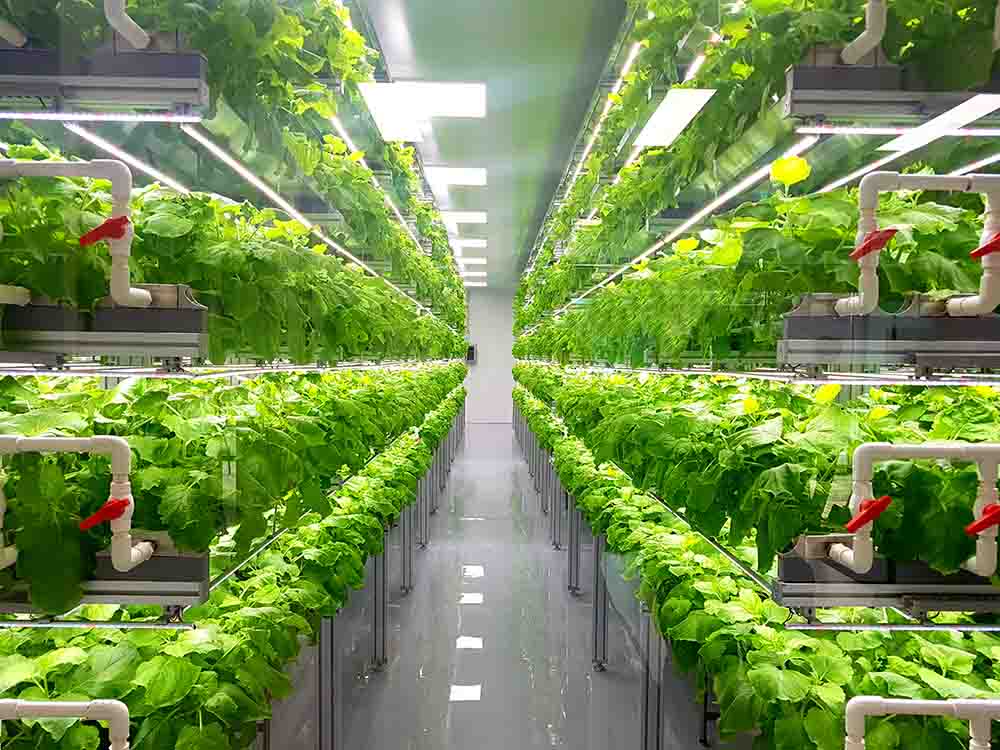Green technology, or green tech, represents a broad category encompassing scientific advancements and technological applications aimed at minimising human impact on the environment. It refers to environmentally-friendly technology produced through sustainable processes and supply chains. It also includes clean energy generation, the use of alternative fuels and technologies that are less harmful to the environment than traditional fossil fuels.
With increasing awareness about climate change and resource depletion, the green technology market has attracted significant investor interest. Let's delve into some anticipated green tech trends for 2023.
Carbon Capture and Storage (CCS): A key component in combating global warming, CCS is crucial in reducing CO2 emissions and mitigating climate change. It involves capturing and storing carbon emissions. Its three-step process involves:
a) Separating carbon dioxide (CO2) from gases produced in industrial processes.
b) Compressing and transporting the CO2 via pipelines, road transport or ships.
c) Injecting it deep underground for permanent storage.
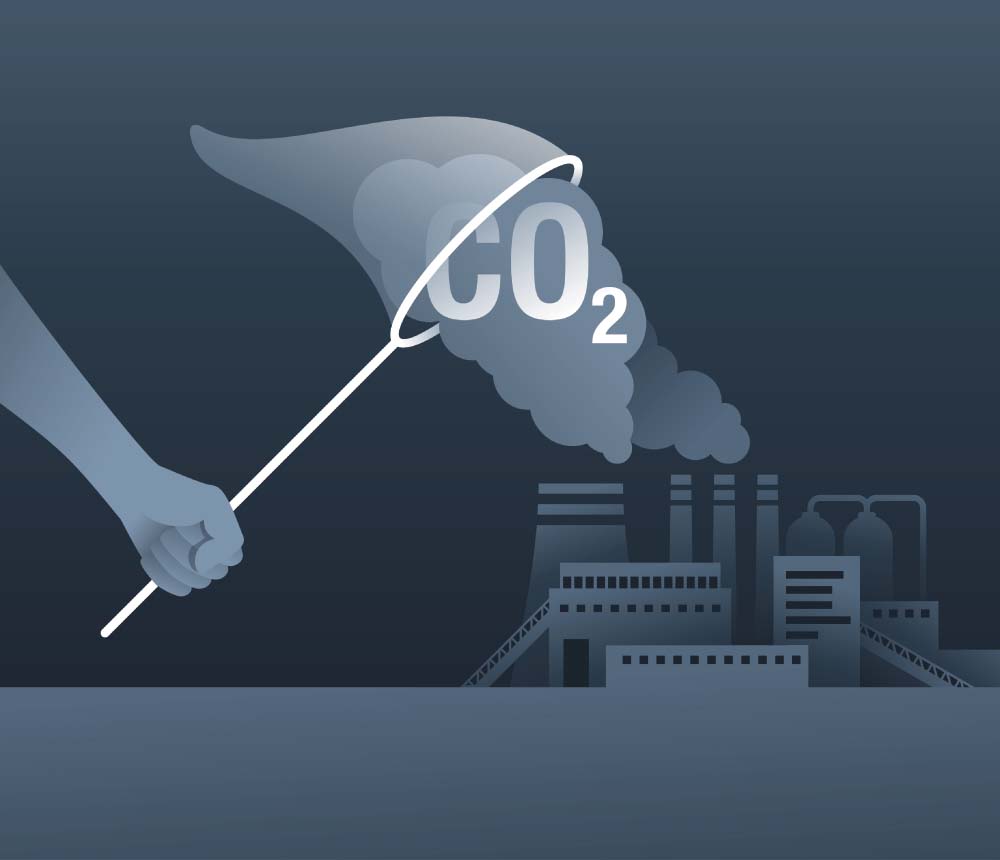
Renewable Energy Storage: As wind and solar power gain traction as cost-effective and easily deployable energy sources, the demand for energy storage increases. A pressing challenge in transitioning to renewables is ensuring a consistent energy supply, even during prolonged periods of low solar or wind activity. Long-term energy storage solutions are being developed worldwide to address this issue, enabling the storage of renewable energy at scale and low cost.
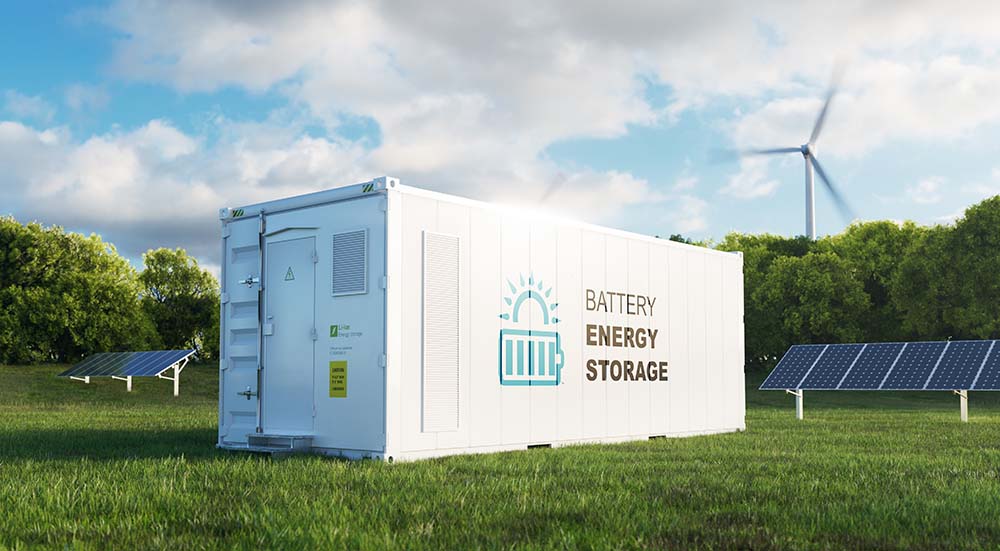
Hydrogen: In addition to battery-powered electric vehicles, fuel cell electric vehicles (FCEVs) are emerging as an efficient and emission-free transportation alternative. FCEVs run on hydrogen, offering greater efficiency and zero harmful emissions. Hydrogen has the potential to power millions of vehicles, buses and ships, significantly reducing transport emissions from fossil fuels.
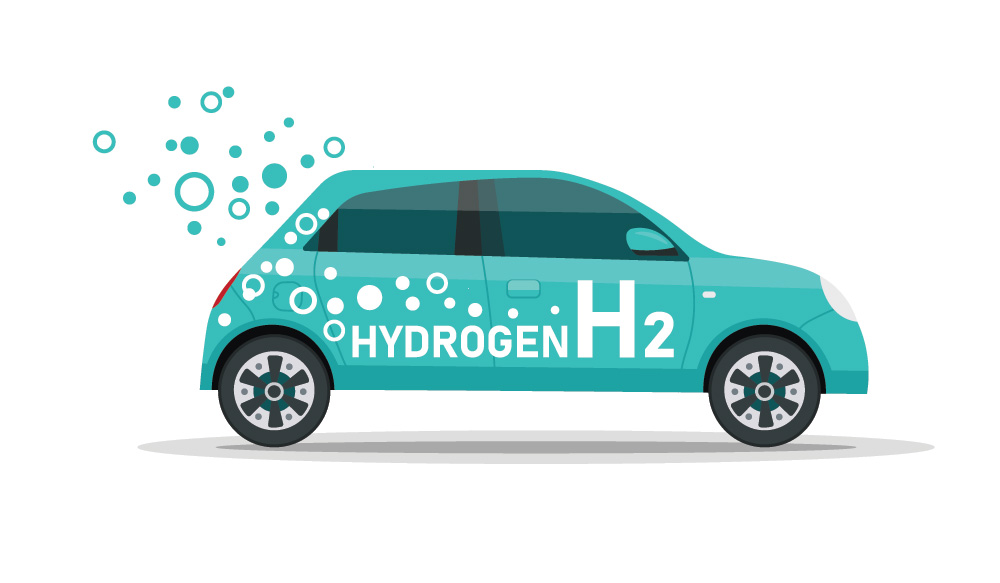
Upcycling (Circular Waste Management): Upcycling involves transforming waste materials into new, usable products. Innovative companies and organisations worldwide are finding ways to repurpose waste into valuable resources such as fuel, fertiliser, clothing and bicycles. This circular waste management approach promotes resource efficiency, minimises waste and reduces reliance on virgin materials.
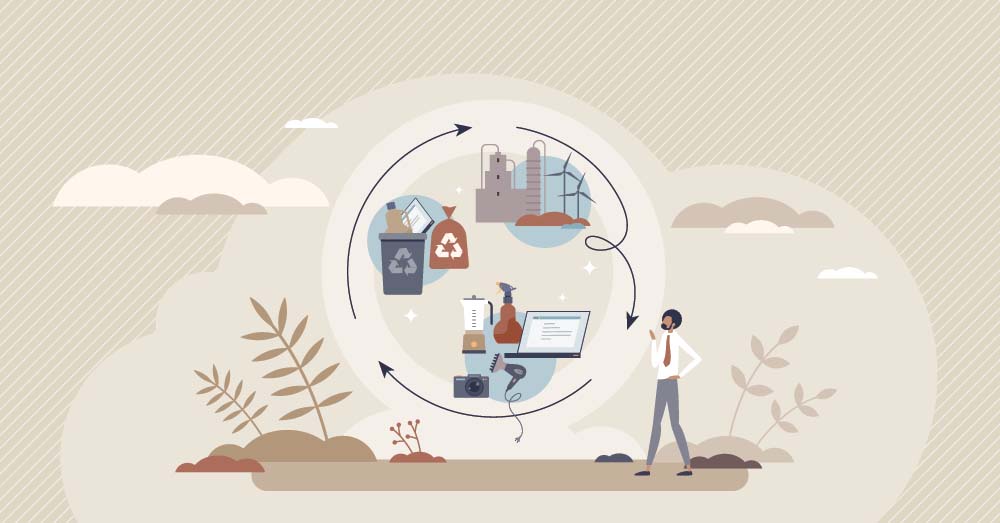
Low-Carbon Construction: With traditional construction contributing significantly to global greenhouse gas emissions, the rise of smart, sustainable buildings is gaining momentum. Low-carbon buildings are designed to have minimal carbon emissions throughout their lifespan. They prioritise energy efficiency, waste reduction and eco-friendly materials like bamboo and hemp. These buildings often generate their own renewable energy through rooftop solar panels, promoting a greener future for the construction industry.
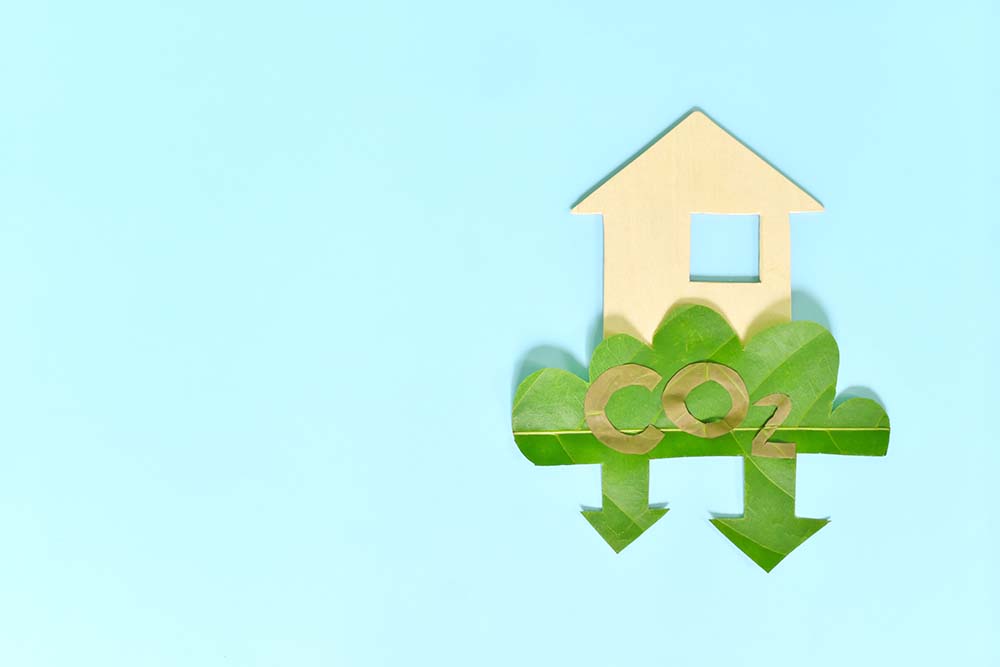
Vertical Farming: Vertical gardens installed within buildings offer energy-saving benefits and positive environmental impacts. These gardens minimise water usage, reduce external heat pollution and contribute to temperature control amidst climate change. Extrapolating this technology to farms can conserve water and preserve fertile soil. Vertical farms are emerging, with some spanning up to 100 hectares, offering significant agricultural sustainability advantages.
